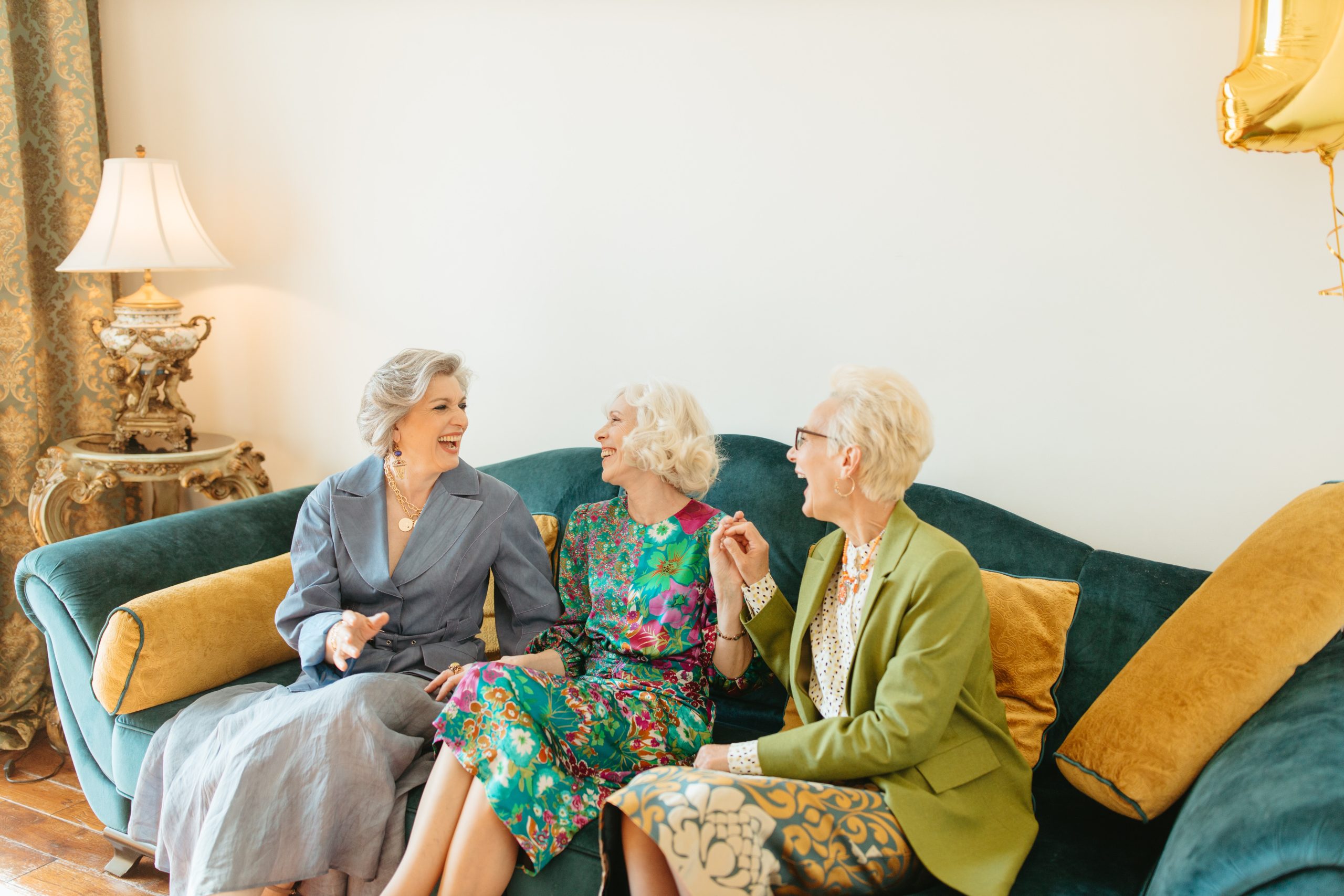Understanding and Protecting the Rights of Older Adults: A Comprehensive Guide

The image is not directly related to the article. It merely symbolizes the life of elderly people.
Understanding and Protecting the Rights of Older Adults: A Comprehensive Guide
Why is it important to understand and protect the rights of older adults?
Understanding and protecting the rights of older adults is crucial because they are a vulnerable population that may face various challenges and forms of discrimination. Ensuring their rights are respected promotes their well-being, dignity, and autonomy. It also contributes to a fair and just society that values and includes people of all ages.
What are the rights of older adults?
The rights of older adults include but are not limited to:
- The right to be treated with respect and dignity
- The right to make decisions about their own lives and healthcare
- The right to live in a safe and accessible environment
- The right to financial security and protection from financial exploitation
- The right to access healthcare, social services, and support networks
- The right to be free from abuse, neglect, and discrimination
How can we protect the rights of older adults?
There are several ways to protect the rights of older adults:
- Advocacy: Speak up for the rights of older adults and raise awareness about their needs and issues.
- Educate: Promote understanding of ageism, elder abuse, and discrimination to prevent violations of their rights.
- Legislation: Support and advocate for laws and policies that protect the rights of older adults.
- Community support: Create and strengthen support networks and services to ensure their well-being and inclusion.
- Empowerment: Encourage older adults to assert their rights and provide access to resources that enable them to do so.
What are some common challenges faced by older adults in exercising their rights?
Some common challenges faced by older adults in exercising their rights include:
- Ageism and stereotypes that undermine their autonomy and decision-making capacity.
- Lack of access to healthcare, social services, and support networks.
- Financial exploitation and abuse.
- Isolation and social exclusion.
- Discrimination in employment, housing, and other areas of life.
- Barriers to accessing information and technology.
How can individuals advocate for the rights of older adults?
Individuals can advocate for the rights of older adults by:
- Supporting organizations and initiatives that promote their rights and well-being.
- Volunteering or getting involved in community programs that serve older adults.
- Raising awareness about ageism and elder abuse through social media, conversations, and events.
- Writing to policymakers and advocating for laws and policies that protect their rights.
- Listening to the experiences and needs of older adults and amplifying their voices.
The image is not directly related to the article. It merely symbolizes the life of elderly people. Understanding and Protecting the Rights of Older Adults: A Comprehensive Guide Why is it important to understand and protect the rights of older adults? Understanding and protecting the rights of older adults is crucial because they are a…
Recent Posts
- Empowering Caregivers: The Best Online and Offline Resources to Enhance Your Skills
- Traveling with a Purpose: The Rise of Volunteer Vacations
- Breaking Stigma: Dispelling Myths about Mobility Aids and Disability
- Avoiding Probate: How Trusts Can Simplify the Estate Settlement Process
- Senior Citizens Beware: Common Financial Scams and How to Stay Protected

